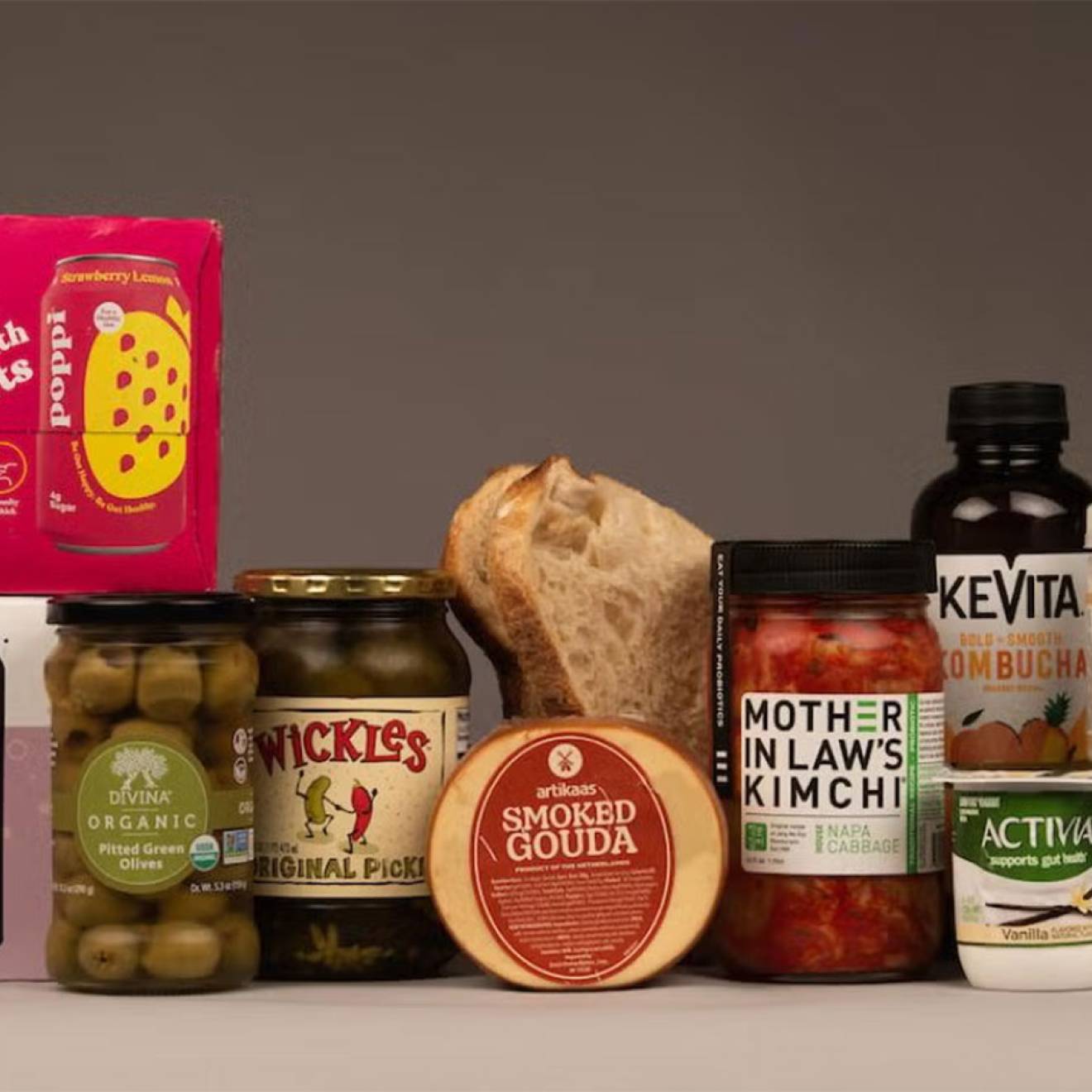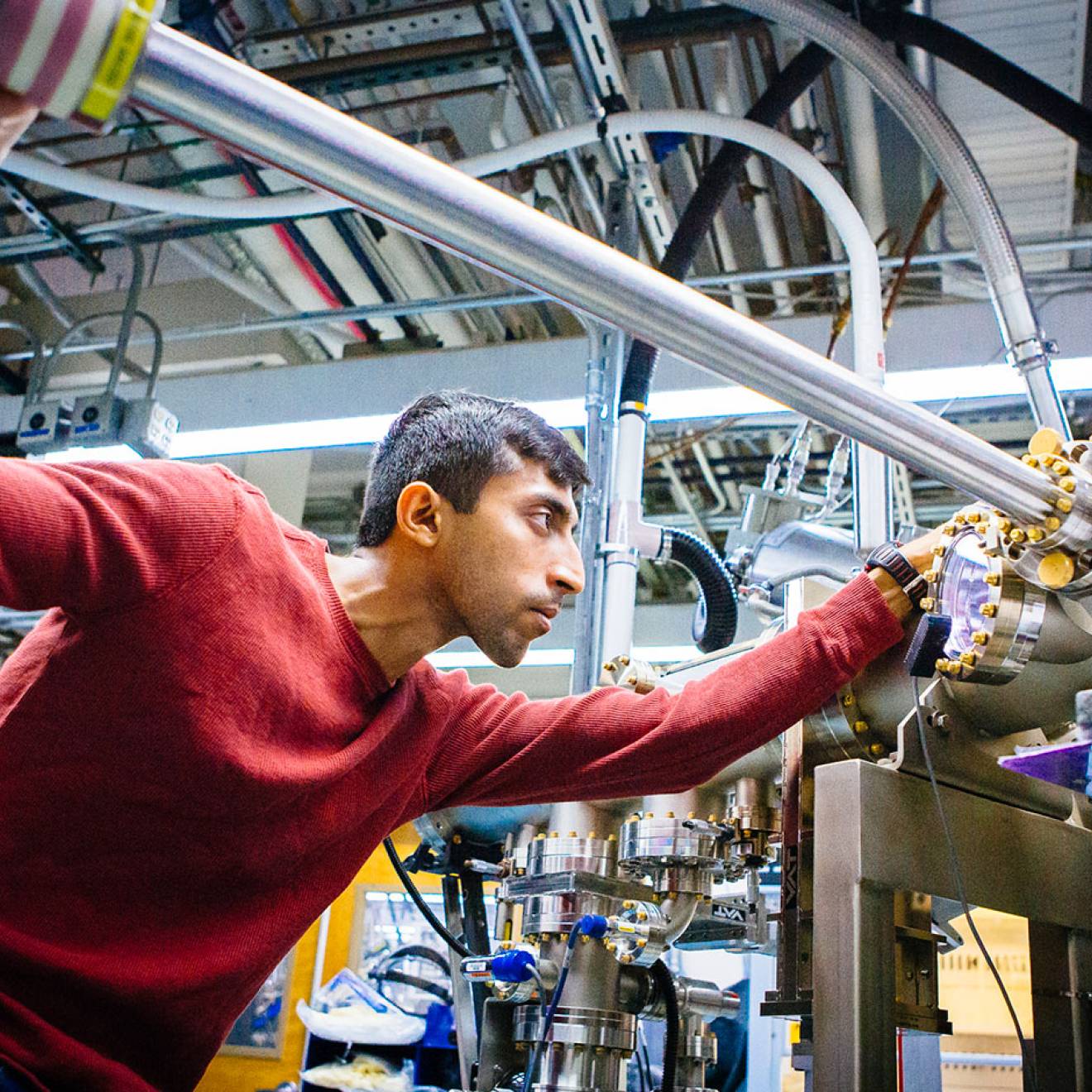Stuart Wolpert, UCLA

World-renowned chefs and distinguished scientists will discuss the future of food at this year’s Science and Food public lecture series at UCLA.
The events will be hosted by Amy Rowat, UCLA assistant professor of integrative biology and physiology, who teaches a popular course called “The Physical and Molecular Origins of What We Eat.” This is the program’s fourth year.
Two events will be open to the public, and both will offer food samples:
The Impact of What We Eat: From Science and Technology to Eating Local
Tuesday, March 8
7 p.m.
UCLA’s Schoenberg Hall (map)
Speakers
- Daniel Patterson, chef at Coi in San Francisco and Loco’l, a new restaurant chain
- Paul Thompson, who holds the W.K. Kellogg Chair in Agricultural Food and Community Ethics at Michigan State University
- Kent Kirshenbaum, professor of chemistry at New York University
Microbes: From Your Food to Your Brain
Wednesday, May 11
7 p.m.
UCLA’s Schoenberg Hall (map)
Speakers
- Sandor Katz, author of “Wild Fermentation: the Flavor, Nutrition and Craft of Live-Culture Foods” and “The Revolution Will Not be Microwaved: Inside America’s Underground Food Movements”
- Elaine Hsiao, a UCLA assistant professor of integrative biology and physiology and a 2016 Alfred P. Sloan Foundation research fellow
- Rachel Dutton, assistant professor of molecular biology at UC San Diego
Tickets for each public event are $25 and $5 for UCLA students, and are available through UCLA’s Central Ticket Office and Ticketmaster. (Fees apply for tickets purchased through Ticketmaster.)
Visit the program’s website for updates or to subscribe to the Science and Food mailing list, and follow Science and Food on Twitter.
The events are designed to appeal to people who share a fascination with the science hidden in our food or who are simply curious to know more about the food we eat and cook, said Rowat, a faculty member in the UCLA College.
As part of Rowat’s course, students explore such topics as texture and flavor from a scientific perspective and even participate in a “scientific bake-off,” in which they prepare apple pies and conduct experiments on their creations’ physical characteristics.
Rowat’s non–food-related research is primarily concerned with the physical properties of cells and tissues, which can indicate health or disease. Recently, she and colleagues developed a new method for screening cancer cells.

